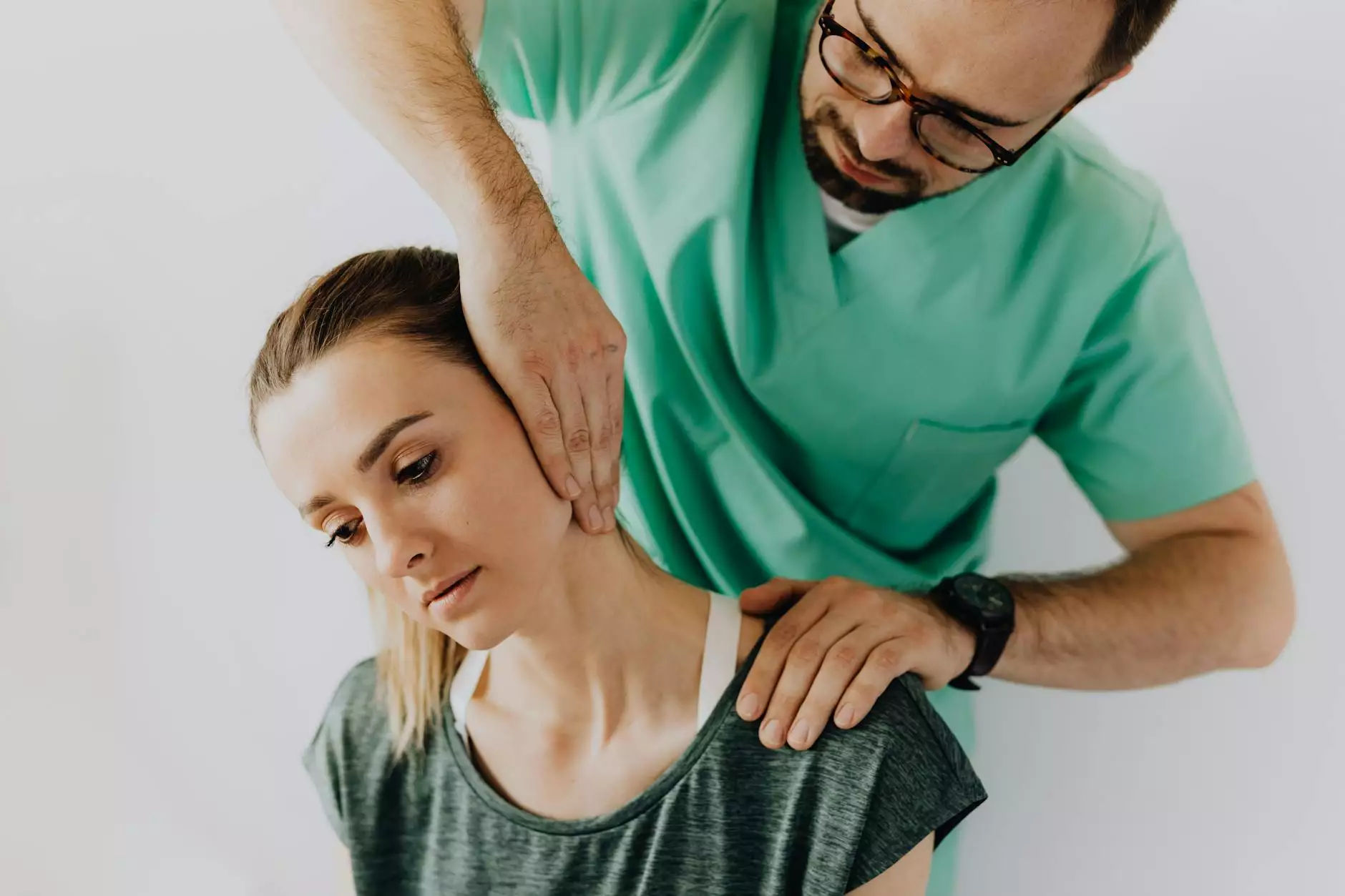The Ultimate Guide to Equine Pet Meds: Keeping Your Horse Healthy

When it comes to maintaining the health and well-being of our beloved equine companions, understanding equine pet meds is crucial. From supplements to medications, the journey of ensuring optimal horse health involves various elements that every horse owner should be aware of. In this comprehensive guide, we will delve into what equine pet meds are, their importance, and the best practices for administering them to your horse.
What are Equine Pet Meds?
Equine pet meds refer to a range of medications and supplements specifically formulated for horses. They encompass everything from vaccinations to nutritional supplements, and they play a significant role in preventing diseases, treating health issues, and enhancing the overall quality of life for your horse.
The Importance of Equine Pet Meds
Understanding the significance of equine pet meds can help horse owners manage their equine's health effectively. Here are several reasons why these medications are vital:
- Preventive Care: Regular vaccinations and deworming are essential to prevent diseases that can affect your horse’s health.
- Treatment of Health Issues: Equine pet meds provide solutions for various health problems, from respiratory issues to injuries.
- Enhanced Performance: Certain supplements can improve a horse’s stamina and overall performance in competitive events.
- Long-Term Health Management: Ongoing medication can help manage chronic conditions, ensuring your horse leads a comfortable life.
Types of Equine Pet Meds
There are several categories of equine pet meds, each serving a unique purpose. Here’s a detailed breakdown:
1. Vaccinations
Vaccinations are cornerstone preventive measures in horse care. Some common vaccines include:
- West Nile Virus Vaccine: Protects against this potentially fatal disease.
- Tetanus Toxoid: Essential for horses at risk of bacterial infections.
- Equine Influenza Vaccine: Helps prevent respiratory illness common in horses.
Consulting a veterinarian who specializes in equine medicine is crucial for establishing a vaccination schedule tailored to your horse’s needs.
2. Dewormers
Deworming is another essential aspect of horse health. Regular deworming helps prevent internal parasites that can cause significant health issues. Common dewormers include:
- Ivermectin: Effective against roundworms and other parasites.
- Fenbendazole: A broad-spectrum dewormer suitable for various age groups.
- Pyrantel Pamoate: A safe option for younger horses and ponies.
3. Nutritional Supplements
Nutritional needs vary based on a horse's age, activity level, and overall health. Some beneficial equine supplements include:
- Electrolytes: Important for recovery after intense exercise.
- Joint Supplements: Containing glucosamine and chondroitin for joint health, especially in older horses.
- Probiotics: For gut health and better digestion.
4. Topical Treatments
Topical medications are useful for treating wounds, skin infections, and abrasions. Common topical treatments include:
- Antiseptic Ointments: To prevent infection in cuts and scrapes.
- Fungal Treatments: For skin diseases caused by fungi or bacteria.
- Fly Sprays: To keep pests away, which can transmit diseases.
How to Administer Equine Pet Meds
Administering medications to horses can be challenging, but following a few essential guidelines can make the process smoother:
Consult with Your Veterinarian
Before starting any medication regimen, consult with a veterinarian. They can provide tailored advice based on your horse’s health needs, age, and activity level.
Follow Dosage Instructions
Always adhere to the dosage instructions provided by your veterinarian or the product label. Overdosing or underdosing can lead to ineffective treatment or adverse effects.
Use Appropriate Equipment
Invest in proper administration tools, such as:
- Drench Guns: For administrating liquid medications orally.
- Syringes: Ideal for precise dosing of all forms of equine meds.
- Measuring Cups: To ensure accuracy in supplement portions.
Be Gentle and Observant
Horses can be sensitive creatures. Approach them calmly and gently during administration. Always observe your horse for any signs of distress or adverse reactions after giving them medications.
The Role of Pet Services, Veterinarians, and Pet Stores in Equine Care
To ensure the best outcomes for horse health, it's essential to leverage pet services, consult with veterinarians, and shop at reputable pet stores like bluepearlsmed.com.
1. Pet Services
Professional pet services provide essential support, including grooming and health checks. Regular maintenance can prevent potential issues and help ensure your horse remains healthy.
2. Veterinarians
A qualified veterinarian is your best ally in maintaining the health of your horse. Annual check-ups, vaccinations, and advice on equine pet meds are vital parts of ensuring your horse’s well-being. Establishing a reliable relationship with your vet can lead to better health outcomes.
3. Pet Stores
Reputable pet stores offer a wide range of medications, supplements, and other health products for horses. When choosing a pet store, ensure they provide high-quality and safe options. Websites like bluepearlsmed.com are excellent places to find verified products for your equine needs.
Conclusion
In conclusion, understanding and utilizing equine pet meds effectively can significantly enhance the health and well-being of your horse. By recognizing the importance of vaccinations, dewormers, nutritional supplements, and topical treatments, horse owners can make informed decisions that benefit their equines. Always consult with professionals, adhere to proper dosage, and provide gentle care during medication administration. Utilize resources like pet services, veterinarians, and trusted pet stores to support your horse health journey. Remember, a healthy horse is a happy horse!









